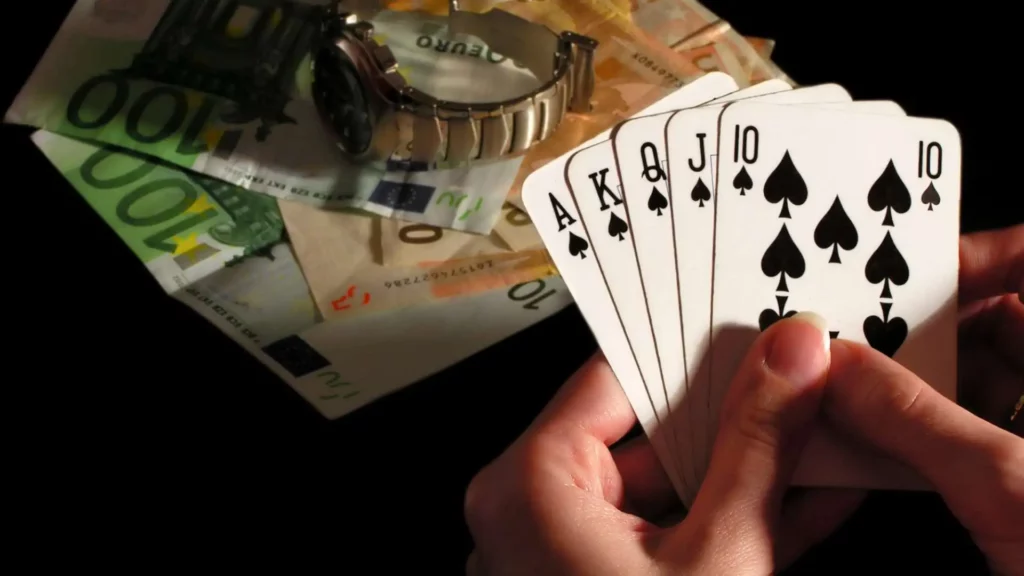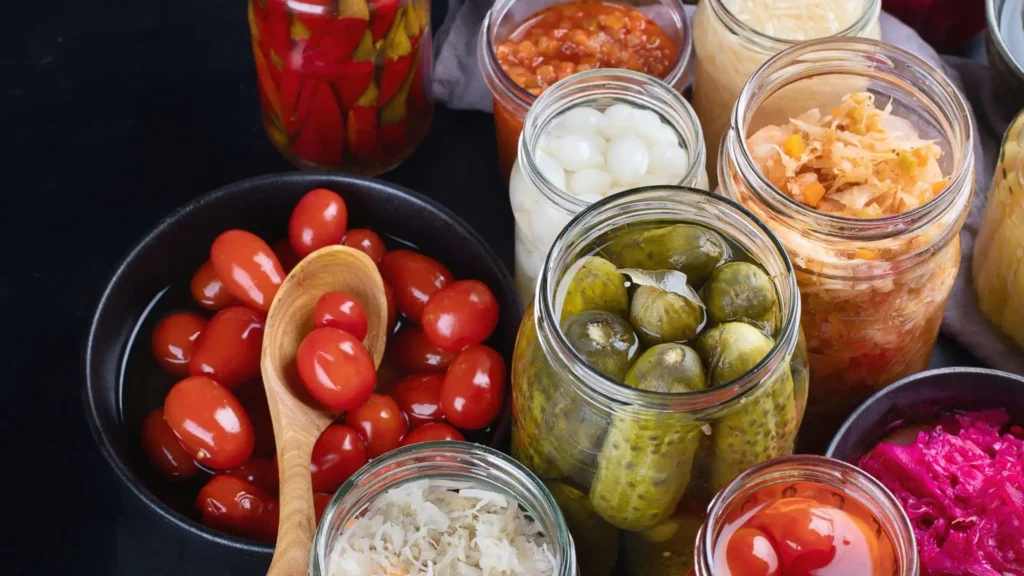Any good habit will not be pleasant at the moment, but painful. Later on, however, it produces a harvest and a better tomorrow. Teaching kids how to use money early on in life is important. They will not only know the value of hard-earned money but also secure their future. So what can kids learn about money this holiday season?
Surely, you would not want your kids to learn financial lessons about money like you did – the hard way. But where do you start? At what age? Or is it better to make them learn from the mistakes they might make? There are several approaches to teaching about money.
Some believe pocket allowances are the best way to learn. Some feel that debit cards for elementary school children will teach financial independence with consequences. Moreover, you can also personalize the below-mentioned tips with lessons you might have learned from your experience.
Start by talking about it
Instead of advising children, many financial advisors recommend that parents include their children in financial discussions or budgeting for the children to know about the money decisions. The holiday season is a great time because you will be making multiple purchases in these two months. It’s an easy way to discuss your spending and saving habits with your kids.
You can also teach about the power of choices. For instance, when you are making a purchase, you can teach your kids about the different choices available to them. What are the risks involved in credit? Is it wise to buy it by paying the full amount or pay in installments with interest? Is something really necessary that you should go for credit?
And if it’s an essential need, what is the best way to get credit? These discussions will indeed sow some seeds of financial wisdom that will grow and mature when they have to make critical decisions.
Good habits during good and bad times
It’s good to have a budget even if you have substantial savings and don’t struggle to meet ends. A bad financial lifestyle can whip your finances in some time or even an instant. In every culture, the first generation works hard to create wealth.
The second generation, who saw every sacrifice behind the wealth, is conscious not to lose the wealth. The third generation, who are presented with everything with not just needs but also wants, wouldn’t know the value of anything and might lose everything.
Pocket allowances
While some experts believe children should not get money for doing something in the house – it’s like being paid while being part of a family. Others believe that a small allowance will help children manage money and learn several lessons from their mistakes before becoming financially independent.
Giving
Giving to others in need is a great way to introduce your children to gratefulness. Kids will begin to understand that many others in the world don’t have what they have. Hence, they need to be careful and not reckless when it comes to finances.
Moreover, there is joy in giving to those who cannot get what you have. You can also make your kids volunteer at nonprofits, charities or churches. Meanwhile, are your finances ready for the holiday season? Also, pick up some tips to ensure you’re saving money while holiday shopping this season.
Start young
Kids can learn how valuable money is by understanding how hard it is to earn it, especially this holiday season. Parents who have three-year-olds need not feel it’s too early. Obviously, you don’t have to talk to them about heavy financial topics. Experts suggest giving cash to kids while paying the cashier to help them understand money is transactional.
For elementary school kids, games like Monopoly are a fun way to introduce the concept of money. Older elementary school children can start making financial transactions under your guidance and monitoring. If you are willing, you can also get them a children’s debit card and an investment account to help them understand how investments work.
Here are some ways your kid can earn some pocket allowances:
- Pet sitting for neighbors who are on vacation
- Sell handmade crafts on Etsy
- Be part of a yard sale
- Babysitting
- Collecting recyclables
- Tutoring
Teenagers can get a part-time job and be introduced to other complex investment strategies. Many restaurants and retailers offer part-time positions for teenagers with hourly payments.
What about credit cards?
Most financial experts strongly conclude that even a college student or anyone less than the age of 25 shouldn’t have a credit card. They say that the frontal lobe in the human brain that allows humans to relate actions and long-term consequences doesn’t fully develop until the mid-20s.
Credit cards give you the opportunity to spend more without any hard work. At a young age, the negative consequences that appear trivial will come as a big blow when they start their adult life with family responsibilities.
Some experts share their personal experience that debit cards weren’t helpful in teaching kids under eight years. Kids easily understand the different monetary values through coins because of the difference in size and weight. Now that’s how you make your kids learn about the value of money this holiday season.

























